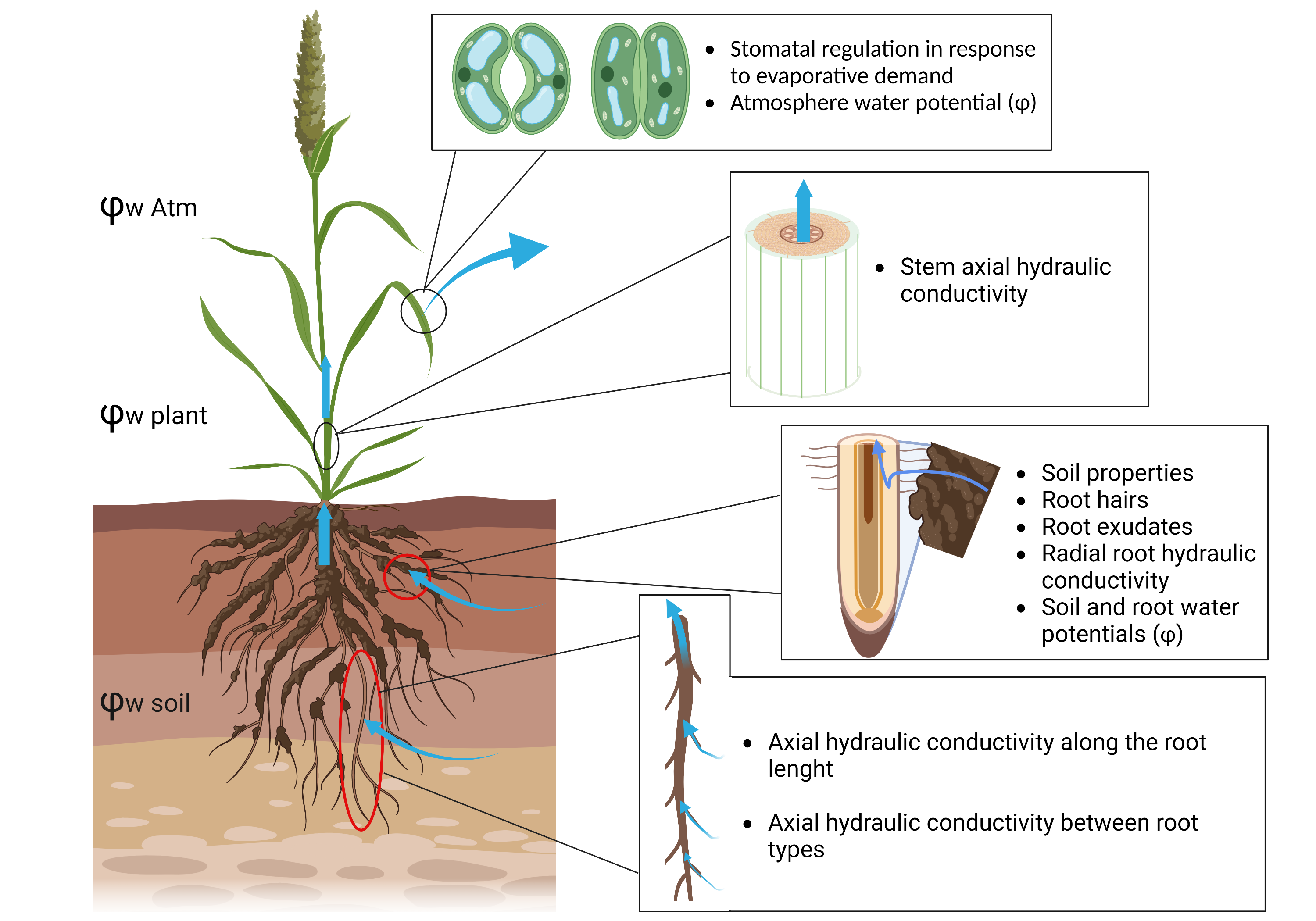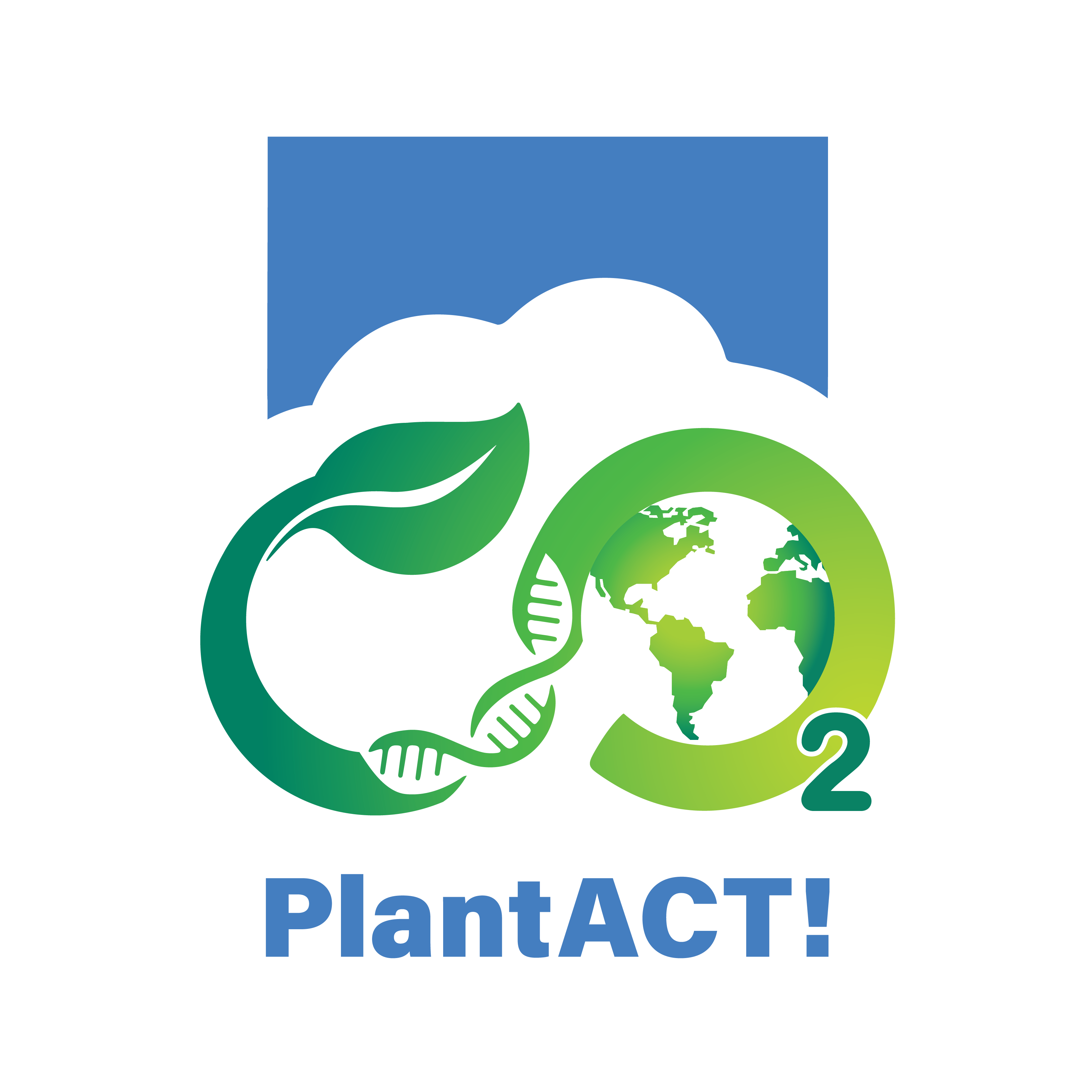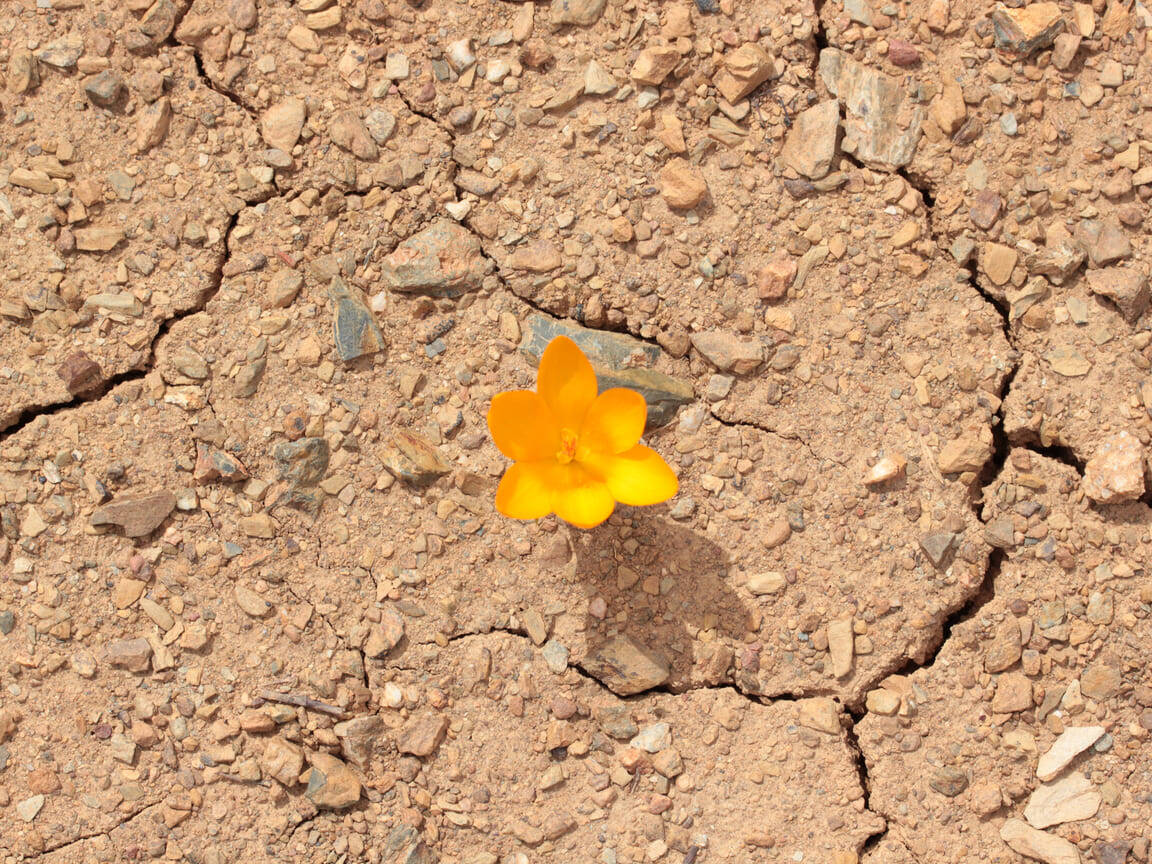Laurent Laplaze
Characterization of new physiological traits to support breeding for post-flowering drought tolerance in sorghum.
Cereals are of global importance for food security and their production is dramatically impacted by climate change. Increased occurrence of severe drought events is one of the main factors responsible for this impact. Sorghum, one of the most drought tolerant cereals, is key for food security in West Africa and, due to its agronomic and technological properties, is expected to contribute to crop diversification in Europe. The aim of the SorDrought project is to identify and characterize mechanistic traits contributing to drought tolerance in sorghum, decipher their genetic control and evaluate how these traits could be used to improve breeding efficiency in sorghum. The project focuses on post flowering water stress, which is the main constraint both in the European and West African contexts .
The SorDrought project will use elite genotype from the selection programmes in Europe and West Africa, diversity panels covering the world diversity and multiparental populations that will allow us both to perform genetic analyses and will provide a way to quickly introgress interesting alleles in elite germplasm for breeding.
To achieve its objectives, SorDrought will mobilize a consortium that has strong expertise in the phenotyping and physiology of target adaptative traits and in genetic analyses of complex agronomical traits and its use in breeding with researchers from 3 public laboratories and breeders from 2 seed companies as well as ISRA/CERAAS, the regional hub for research on dryland cereals in West Africa. It will promote collaboration and exchanges between researchers from public and private sector in France and Africa and will provide breeders with knowledge, tools and expertise to create a new generation of cereal crops integrating new physiological traits to improve performance and resilience both for Europe and Africa.

Contact: Laurent Laplaze, IRD, France
Related Posts
PlantACT! Conference 10-13 March 2024, Duesseldorf, Germany
PlantACT! Initiative: Spearheading Plant Science…
Searching for Scientific Solutions to the Climate Crisis
The climate effects of atmospheric CO2 at peak…



